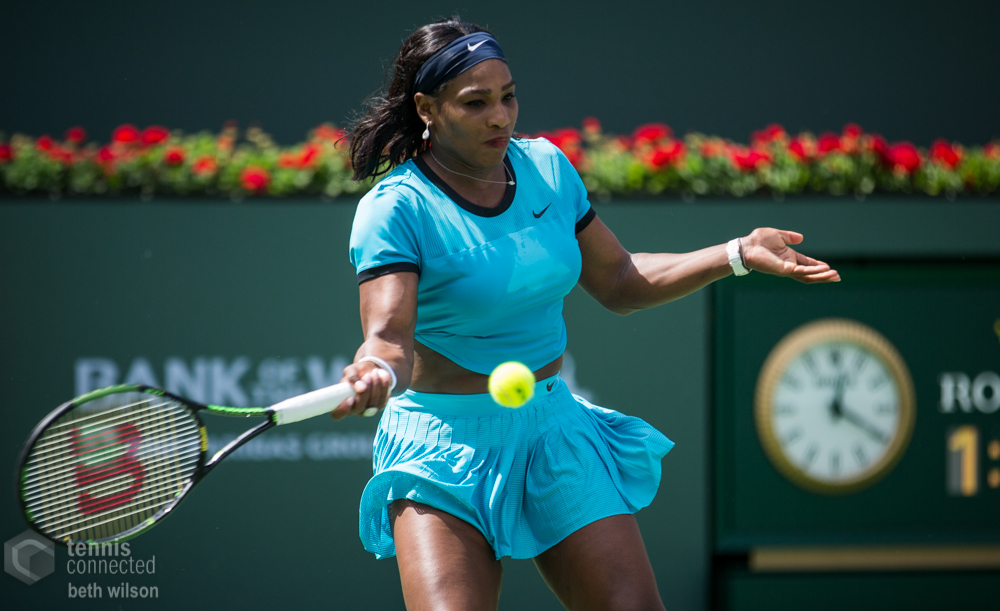Athletes are venerated throughout the world by many people. The sheer levels of speed, stamina, strength, and talent that they may possess can make it difficult to believe that these individuals are humans too, with regular-person problems. After all, their job is to maintain peak physical fitness and push themselves to limits that most of us can only dream of.
Athletes may boast intensity levels that place them far ahead of the general population, but when it comes to the mental battles of elite sport, athletes are just as vulnerable as the rest of us. Click here to find out more about potential personality disorders that could be relevant.
To be able to compete at the highest level in elite sports, one needs sheer physical prowess as well as mental fortitude, willpower, and resilience to be able to overcome your opponents.
The Pressures of the Game
Not only that, but coaches, managers, owners, and fans alike all have expectations and hope that they place in these athletes, anticipating results and performances at the very highest level every single week.
The limelight is always on professional athletes and the pressure on them can be a constant burden. Of course, some athletes thrive on pressure, and a certain level of pressure has shown to be beneficial for those athletes, but some perform far below their potential when faced with the overwhelming pressure that the fans and the media tend to put on them.
While groundbreaking discoveries have been made in sports science regarding players’ physical attributes versus injuries, training methods, and recovery, there has been little evidence and research on the mental well-being of professional athletes.
One study shows that up to 35% of elite athletes may experience mental health illnesses that manifest in the form of stress, anxiety, depression, burnout, and eating disorders. Then 33% of student-athletes experience mental illnesses on top of regular practice and training, with the added burden of maintaining their classwork and grades.
Celebrity Athletes With Known Mental Health Struggles
In recent years, more and more athletes have come out in the media and spoken about their challenges with mental illnesses. Notable athletes include swimmer Michael Phelps, tennis legend Serena Williams, and ex-NFL star Ricky Williams.
Phelps is the most decorated Olympic athlete of all time, with a record 28 medals in his sport, but told CNN in 2018 that he had been living with depression.
The same goes for Serena Williams, who is one of the greatest tennis players to ever grace the women’s game.
Ricky Williams, in an interview with the Anxiety and Depression Association of America, said, “I was 23, a millionaire and had everything, yet I was never more unhappy in my life. I felt extremely isolated from my friends and family because I couldn’t explain to them what I was feeling. I had no idea what was wrong with me.”
Benefits of Awareness and Publicity
With players taking to the media to share their experiences, various teams, leagues, and professional organizations that represent sport have come out in support of athletes around the world. The English Premier League came out with the Heads Up mental health campaign in partnership with the Football Association and Heads Together in February 2020, which encourages players and fans to raise awareness about mental health and start conversations around it.
While it is admirable to regard our athletes as role models, it is unfair to place the immense amount of pressure on their shoulders that they often have to endure on a daily basis. It is encouraging to see more players come out in support of conversations around mental and psychological well-being, and even more heartwarming to see those around them supporting it.
It is important to remember that celebrities are not immune to mental health illnesses. Putting a player up on a pedestal and holding them to inhuman standards can be damaging, and often causes fans to criticize, especially online, without realizing that athletes are just people too.





















